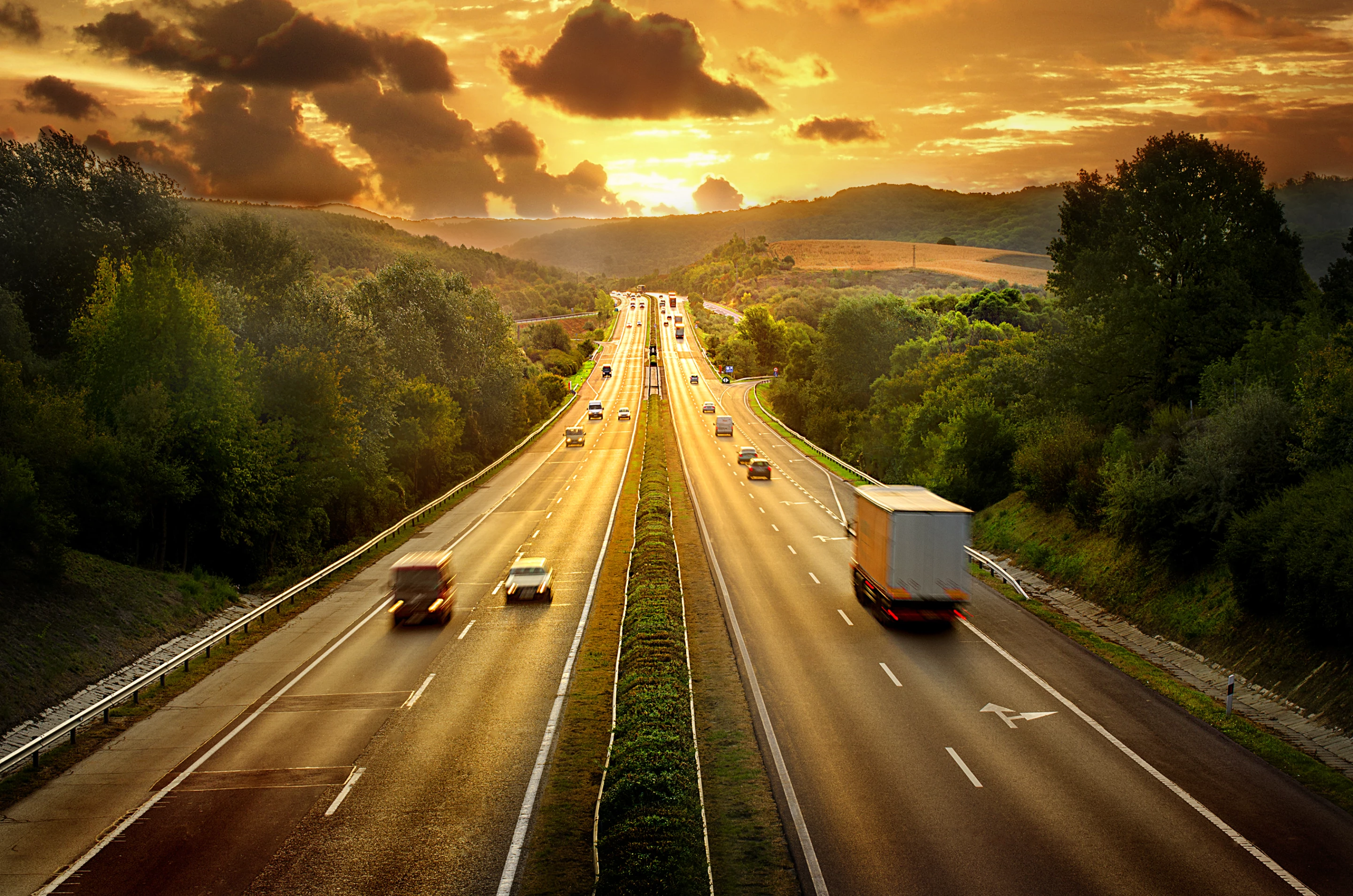Germany's Green party attempted to have the country's famous autobahn system limited to 130 km/h (81 mph), but a parliamentary vote last Thursday overwhelmingly defeated the motion, letting drivers continue to choose their own speed freely.
The limit-free autobahn system, which comprises around 70 percent of all major German highways, is world famous, and enviously admired by many international drivers who live under much stricter controls. No "first visit to Germany" story is complete without the amazement of sitting in a cab doing more than 100 mph (160 km/h) and watching Audis and Porsches flash by you in the fast lane as if you're standing still.
These beautifully manicured multi-lane highways are designed for serious speed – as indeed are many German cars, and this, combined with the impeccable lane etiquette of German drivers makes them surprisingly safe places to explore the upper reaches of a speedometer. Despite the fact that they account for around a third of all miles driven, Autobahns see only around 12% of fatal car accidents. Speed-limited country roads, on the other hand, are where 60% of German road fatalities occur.
Periodically, though, one group or another tries to have the autobahns speed limited. This time, it was the Greens, who argued that a 130 km/h limit would potentially save lives, reduce national carbon emissions, and steer the local car industry away from high-powered Autobahn blasters and towards slower machines with smaller engines and greater efficiency, resulting in further carbon savings down the line.
Germany's federal parliament, the Bundestag, took a vote on Thursday, and the results were very clear. 498 MPs voted to leave the autobahns unrestricted, and just 126 voted for the 130 km/h limit, so the proposal was convincingly shown to the ausfahrt and some of the developed world's only truly free freeways will keep their unique status.
Source: TheLocal.de





